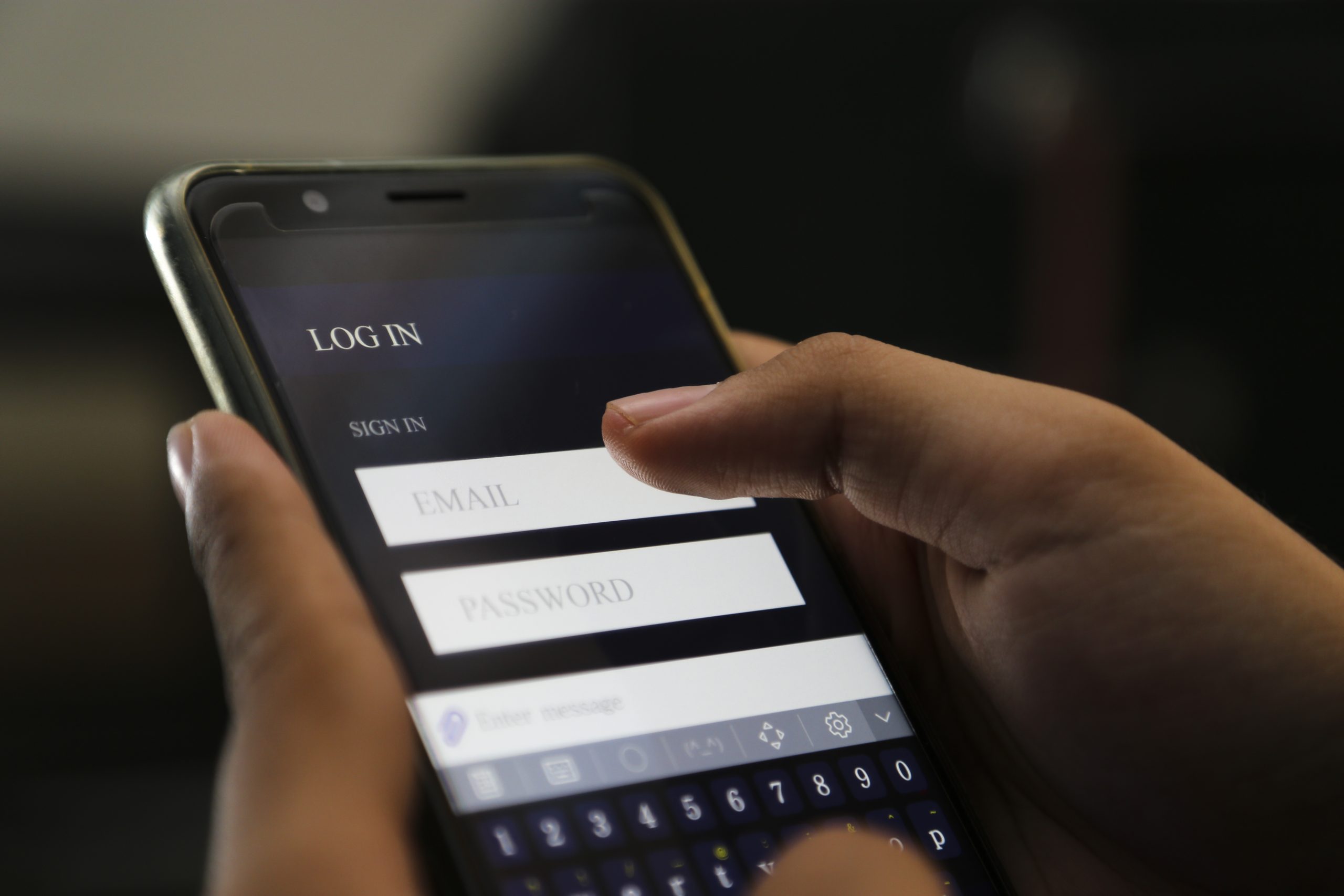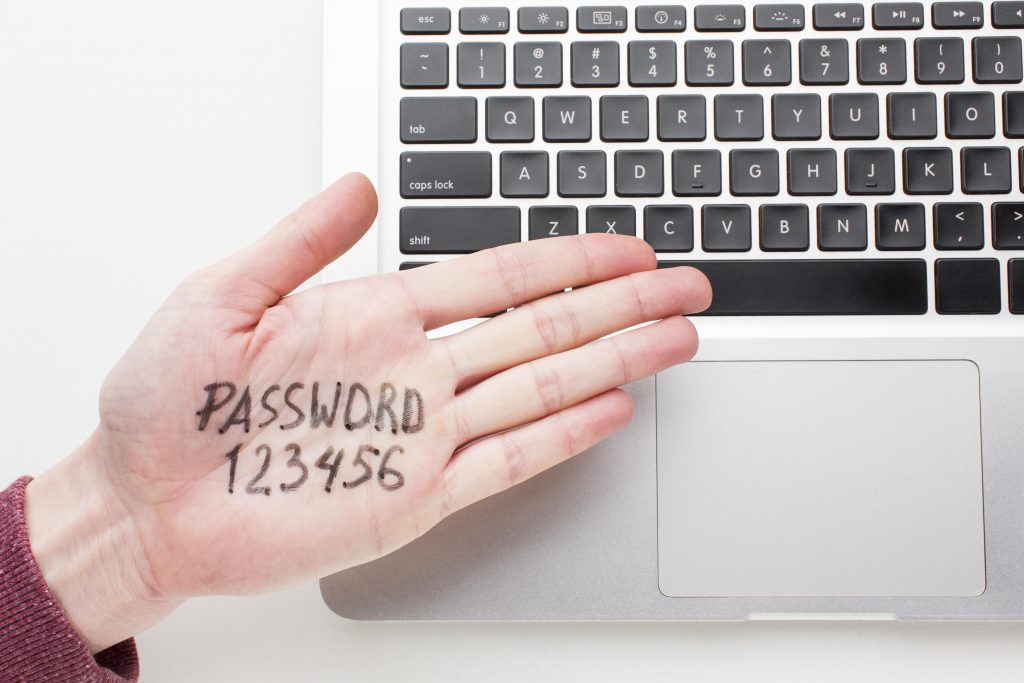
A Plethora of Passwords
By Kelley Presley, Curriculum Development Specialist and Tech Coach
With so much of our personal, confidential information being stored and shared online, it’s more important than ever to be aware of the passwords we use to secure our online accounts. Passwords are your defense between your sensitive information and those who may be trying to steal that information. And depending upon how many accounts you have to keep up with, it may be challenging to remember all the passwords. However, there are tools called password managers that some people use to help with that. Some are apps that you can download but many browsers, smartphones and computers also will store your passwords for you if you give them permission.
Creating Strong Passwords
We can’t overstate how critical it is to create a strong password that would be almost impossible to crack. Strong passwords are at least 12 characters long, consist of a combination of uppercase and lowercase letters, include numbers and special characters with no ties to your personal information and no words that appear in the dictionary. Experts discourage people from using the same password across multiple accounts. Additionally, it is recommended that you change your passwords every thirty, sixty or ninety days; depending on what the password is used for.

A fun tip for creating a password is to take the first letter of each word of a line of a movie, poem or song that you really enjoy, and use that to help create your password; chances are you’ll have a better shot at remembering it. For example, if you love Dua Lipa’s songs, here’s the first line of Break My Heart: “I’ve always been the one to say the first goodbye.” Your password would be: Iabtotstfg (keeping the I capitalized). Or, even better, turn some of the letters into numbers: Iabt12st1g. Give it a try!
Storing Your Passwords
If you’re thinking of storing your passwords digitally, there are some things you should consider. Determine how many passwords you want to keep track of and on what devices you would need to access those accounts. You could make a list or spreadsheet on your computer. Think of how much easier the cognitive load will be on your brain, but also consider the impact if you were unable to access your device with the stored passwords. Would it make more sense to use a password manager program that you can access from any computer, tablet or phone? This article has a great comparison of password managers, some of which are free and some of which have paid options.
It is crucial for all of us to create strong, unique passwords for each and every account we have, and to change those passwords on a regular basis. But it is up to each of us to decide whether or not to store those passwords on paper, on a device or by using a password manager. There are pros and cons to using each of these tools, so consider those before jumping in.

